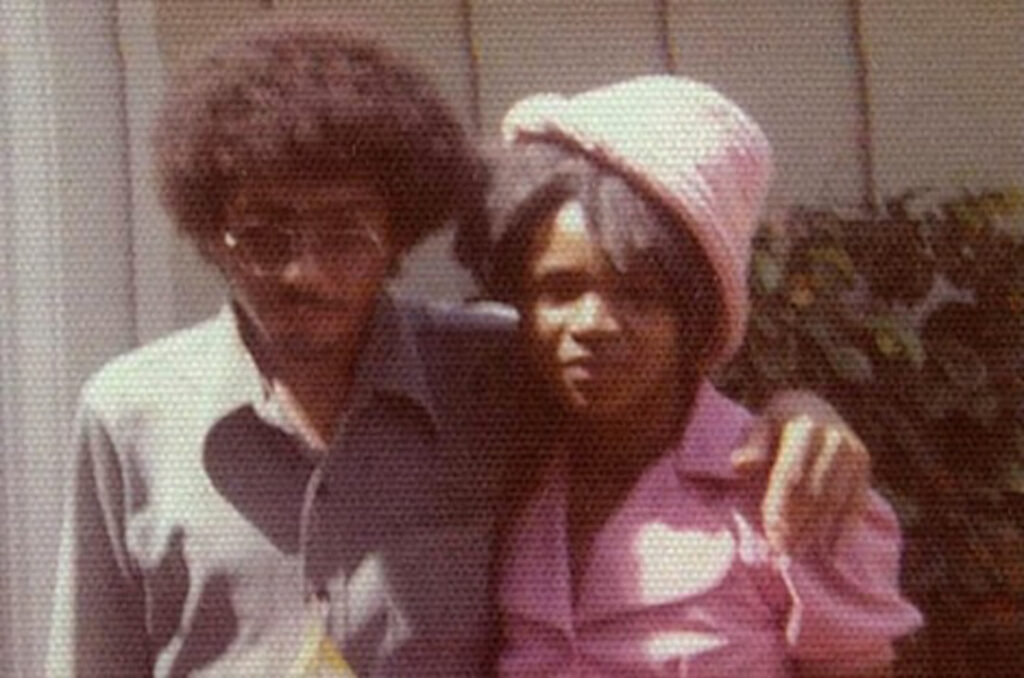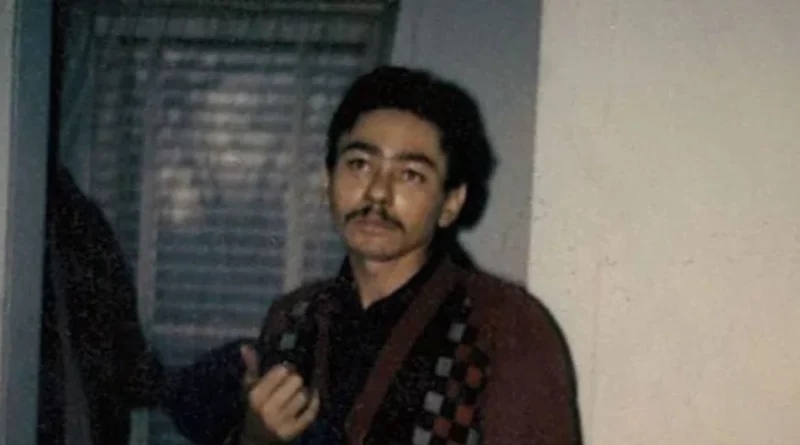Donald Goines and Shirley Sailor Murder in Detroit Michigan
On October 21, 1974, the literary world lost one of its most compelling voices when Donald Goines and his common-law wife, Shirley Sailor, were murdered in their Highland Park, Michigan home. The gruesome double homicide remains unsolved to this day, shrouded in mystery, speculation, and a complex web of theories.
Goines, known for his raw and unfiltered portrayals of urban life, was a prolific author whose works deeply resonated with readers, especially those familiar with the struggles of the streets. His novels captured the harsh realities of crime, addiction, and survival in Black America, making him a revered figure in urban literature. But his personal life was as turbulent as the stories he wrote.
The circumstances of his death remain a haunting mystery. With no arrests and little public information on the case, the murder of Donald Goines and Shirley Sailor has left a void not just in literature but in the justice system as well.
The Life of Donald Goines: From Soldier to Street Novelist
Donald Goines was born on December 15, 1936, in Detroit, Michigan, into a middle-class African-American family that owned a laundry business. His upbringing was relatively stable, but his thirst for adventure led him to falsify documents at age 15 to enlist in the U.S. Air Force during the Korean War. It was during his military service that Goines was introduced to heroin, an addiction that would follow him for the rest of his life.
After returning from the war, Goines found himself trapped in the vicious cycle of heroin dependency. To support his addiction, he became entangled in crime—pimping, robbery, bootlegging, and hustling—all of which would later serve as inspiration for his novels.
His criminal lifestyle eventually led to multiple stints in prison, and it was behind bars that Goines found his calling as a writer. Inspired by Iceberg Slim, a former pimp-turned-writer, Goines began crafting his own brand of street literature, unapologetically depicting the dark and violent realities of urban life.
A Prolific Literary Career Cut Short
In the span of just five years, Goines authored 16 novels, an impressive feat considering his ongoing struggles with addiction. His books, including Dopefiend, Whoreson, Black Gangster, and the Kenyatta series, were not just fiction—they were a mirror reflecting the world he knew firsthand. His writing was fast-paced, gritty, and brutally honest, drawing in readers who recognized the authenticity of his words.
Goines’ work was particularly influential in hip-hop culture, with artists such as Tupac Shakur, Nas, 50 Cent, and Ice-T referencing his novels in their music. Despite the rawness of his stories, Goines never glorified street life; instead, he sought to warn readers about the dangers of crime, drugs, and violence.
Unfortunately, his success did not free him from his own demons. Goines remained addicted to heroin, and his lifestyle continued to involve crime and dangerous associations.
The Night of the Murder

On the evening of October 21, 1974, Highland Park police received an anonymous phone call that led them to the home of Donald Goines and Shirley Sailor. When officers arrived, they found a horrifying scene:
- Goines was found in the living room, riddled with bullets.
- Sailor’s body was discovered in the kitchen, also fatally shot.
- Both had sustained multiple gunshot wounds to the chest and head.
- Two of their children were in the home but were unharmed.
The brutal execution-style killings suggested a targeted hit, but the motives remain speculative.
Theories Behind the Murders
With no arrests or definitive leads, several theories have emerged regarding the possible motives behind the murders of Goines and Sailor:
1. Drug Debt and Retaliation
One of the most widely accepted theories is that Goines was murdered due to a drug-related dispute. His heroin addiction was well-known, and it is possible that he owed a significant debt to local dealers.
Some believe that Goines failed to pay back a supplier, leading to a violent retaliation. Others speculate that he may have been involved in drug dealing himself and ran afoul of dangerous figures in Detroit’s criminal underworld.
2. Real-Life Criminals Seeking Revenge
Goines’ novels were based on the real people and experiences he encountered on the streets. Many of his characters were thinly veiled versions of actual criminals, and there is speculation that someone recognized themselves in his books and took offense.
If Goines had inadvertently exposed real gangsters or criminal enterprises through his writing, it is possible that someone sought retribution.
3. Publishing Disputes or Financial Issues
Another theory suggests that Goines’ murder may have been connected to financial disputes over his book royalties. He was a successful writer, but like many authors of his time, he may not have received fair compensation for his work.
If he had been involved in any shady publishing or business deals, it is possible that someone sought to silence him permanently.
Why Has the Case Remained Unsolved?
Several factors have contributed to the lack of resolution in this case:
- Lack of Evidence: In 1974, forensic technology was far less advanced than it is today, making it difficult to collect definitive evidence.
- Fear of Retaliation: Witnesses or those with information may have been too afraid to come forward, especially if the perpetrators were connected to organized crime.
- Limited Police Resources: Given the high crime rates in Detroit during the 1970s, it is possible that the case was not pursued as aggressively as it should have been.
To this day, no suspects have been publicly named, and the murder remains one of the many unsolved mysteries of Highland Park’s violent past.
The Legacy of Donald Goines
Although his life was cut short, Goines’ impact on literature and culture has never faded. His books continue to be widely read, particularly among those who appreciate the rawness of street fiction. His work paved the way for modern urban authors and remains a staple in Black literature.
His storytelling style influenced a generation of writers and musicians, and his novels continue to sell, decades after his death.
Could the Case Ever Be Solved?
In today’s world, with advances in DNA analysis, forensic technology, and online sleuthing, there is always hope that new leads may emerge. However, given the passage of time and the lack of surviving witnesses, it remains unlikely that Donald Goines and Shirley Sailor’s killers will ever be brought to justice.
Still, their tragic story serves as a cautionary tale about the dangers of addiction, crime, and the thin line between fiction and reality.
Final Thoughts
The murder of Donald Goines and Shirley Sailor was a brutal, senseless act that robbed the world of a literary genius. His ability to capture the raw and unfiltered struggles of urban life made him a voice for the unheard, a storyteller whose legacy has outlived his physical existence.
Yet, justice remains elusive. Until the day new evidence emerges, the question of who killed Donald Goines and why will remain one of the most enduring mysteries in the world of literature and crime.
Discover more from City Towner
Subscribe to get the latest posts sent to your email.





What age was Goines children. Were they questioned?